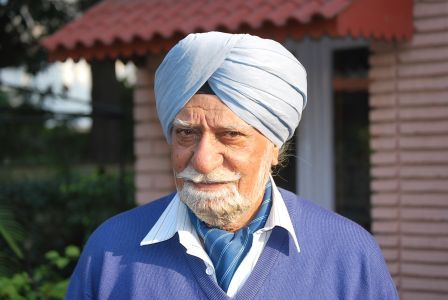WHY DOES THE POLITICAL CLASS IN INDIA CONTINUES TO SUFFER FROM THE MANIA OF A MILITARY COUP WHEN THE COUNTRY’S ARMY IS MOST DISCIPLINED AND ITS ETHOS DEEPLY IMBEDDED IN DEMOCRATIC TRADITION
Right from Independence, Indian politician has been obsessed with the thought of a military coup. This thought persisted with the first Indian Prime Minister, which made him believe that the country could do without its military and that the police were good enough to handle security, both in its internal and external dimension. This was so even though India had to go to war in Kashmir in the very year of its Independence.
Therefore, Mamata Banerjee’s hallucination of a military coup, on seeing half-a-dozen men in military uniform and without weapons at a toll plaza, is understandable. These men were merely carrying out a routine yearly exercise to check availability of civil transport in the event of general mobilisation of the nation’s military. Army does not have enough transport to cart to the country’s borders, all the necessary stores, ammunition and personnel in the event of mobilisation and therefore, this need to requisition civil transport for this purpose and consequent collection of related data. Mamata took it upon herself to defend Indian democracy against this purported coup by holding fort single-handedly, at the state secretariat building.
WHY FEAR OF A COUP?
Why does the political class in India continue to suffer from this paranoia of a military coup when the country’s army is most disciplined and its ethos deeply imbedded in democratic tradition? Who has been poisoning the political might and constantly frightening it of the possibility of a military coup? Is it the intelligence agencies in the country who, to promote their own cause, keep injecting this fear of a coup in the political mind or the bureaucracy, which in order to retain its hold on the political class, keeps this fear alive with the added aim of keeping military under unwanted checks etc.
MEDIA’S PARANOIA
Even some elements in the press suffer from this paranoia of a military coup. It may be recalled that during General VK Singh’s age row, a newspaper of national standing put out the outline of a military coup in the making, in flaming headlines on its front page. The then defence secretary, who was abroad, had to rush back and called the Director General of Military Operations to explain the developing situation, purportedly heading for a coup.
All that had happened was that a unit from Hisar was carrying out training in road movement and another from Meerut, the practice of emplaning in an IAF aircraft at Hindon airfield. Surely, India’s intelligence organisations are not expected to be so dim witted as to conjure up vision of a military coup in this simple case of routine training by just two units! Nor did one expect the media and the politico-bureaucratic combine to go overboard on occurrence of this routine event.
DISTRUST TOWARDS ARMY
However, it exposes the mindset of our media, intelligence agencies and the politico-bureaucratic set up and their collective mistrust of the Indian military. This frame of mind is doing immense harm to the psyche of the political class in the country and eventually leads to suspicion and directly impacts national security. Thus in such a situation, there is, in the political perception, an external dimension of security and suspicion of internal threat from its own military.
It is this fear and paranoia created in the political class which has come in the way of India developing its full military potential to meet the emerging security challenges. This imaginary vision of a military takeover has come in the way of country adopting the chief of defence staff (CDS) concept in its full spectrum. The talk of having a CDS, who will merely act as one-point advice to the government on national security issues, with no operational role and the absence of integrated theatre commands is a meaningless undertaking and will yet be another “jumla”.
This joke has been earlier played on the nation by creating what is called integrated defence headquarters of the ministry of defence. Without a CDS in its full spectrum with integrated theatre commands, India will never be able to draw on the full potential of the three wings of its armed forces, more so in a twofront scenario.
Indian army is totally apolitical and highly disciplined. Anyone who has the apparition or sees the ghost of a military coup is surely in need of psychiatric help.
LT GEN HARWANT SINGH (RETD) (The writer, a former deputy chief of army staff, is a commentator on defence and security issues. Views expressed are his personal)

